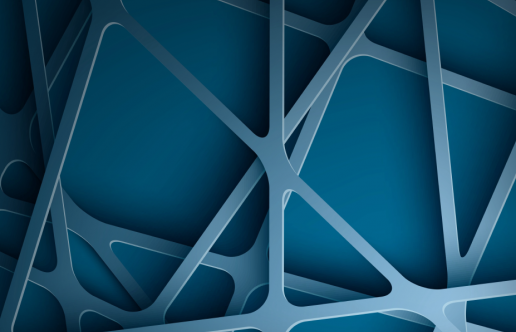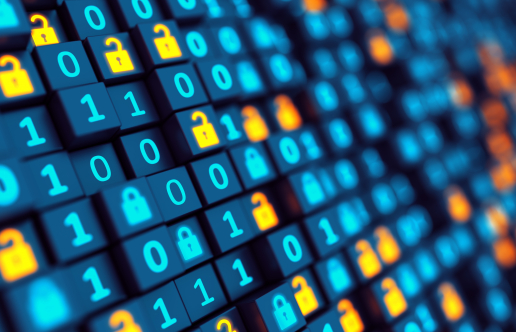
Research Areas
Computational Biology
Experimental methods in biology and medicine have created exciting challenges for computer science. With large sets of diverse biological information there is opportunity to develop novel methods for complex, accurate, and consistent interpretation of the data.
Computer Architecture
Spanning the interface between hardware and software, research in computer architecture focuses on the organization, programmability and performance of computer systems.
Economics & Computation
Economics and Computation uses both computational paradigms and economic models to study interactions between self-interested entities.
Human-Computer Interaction
From desktop computers to smart watches to cell phones to robots, we are constantly using and interacting with technology. Human-Computer Interaction studies the ways we interact with technology and how technology shapes our experiences.
Law & Public Policy
Just as technology shapes everyday life, societies are also shaped by technology. Combining expertise in computer science and social science, researchers focus on crafting policies for the use and innovation of technology so communities can benefit.
Machine Learning
Using advances in machine learning, modern computers are now able to learn and make decisions. Rather than acting according to an explicit set of instructions, researchers are building intelligent systems designed to deal with uncertainty, adapt to the surrounding environment, and learn from experience.
Natural Language Processing
Research in natural language processing seeks to build computers and autonomous systems that can understand and use human knowledge, primarily language and text.
Programming Languages & Compilers
The field of programming languages is concerned with language design and implementation, as well as methods for reasoning about the behavior of programs. The goal of research in this area is to make it easier for software developers to write correct and performant code.
Robotics
The goal of robotics research is to create more complex tools that can mimic the actions and intelligence of humans and animals. As robots become more sophisticated, their design, operation, and applications become more complex.
Security & Privacy
As we rely on computers more and more to store private information, perform critical tasks in sensitive areas like banking and national security, and assist in daily tasks, vulnerabilities in these systems can create ever greater problems. Research in privacy and security explores vulnerabilities in applications, networks, and systems and builds protections against possible attacks from bad actors.
Systems & Networking
Research in systems and networking focuses on the design of and interconnections between myriad kinds of computational infrastructure and devices. The goal of research in this domain is to design, build, and experimentally evaluate ever more high-performance, reliable, and secure systems and networks.
Theory
Theoretical computer science explores the mathematical underpinnings of computer science, particularly efficient algorithms and protocols, which ultimately make much of modern computing possible.
Vision & Graphics
Computer vision and graphics impact how we understand and create the visual and tangible world around us. Research in computer vision studies how to make computers see and understand pixels. In computer graphics, research is finding new ways to render images and fabricate 3D shapes.







